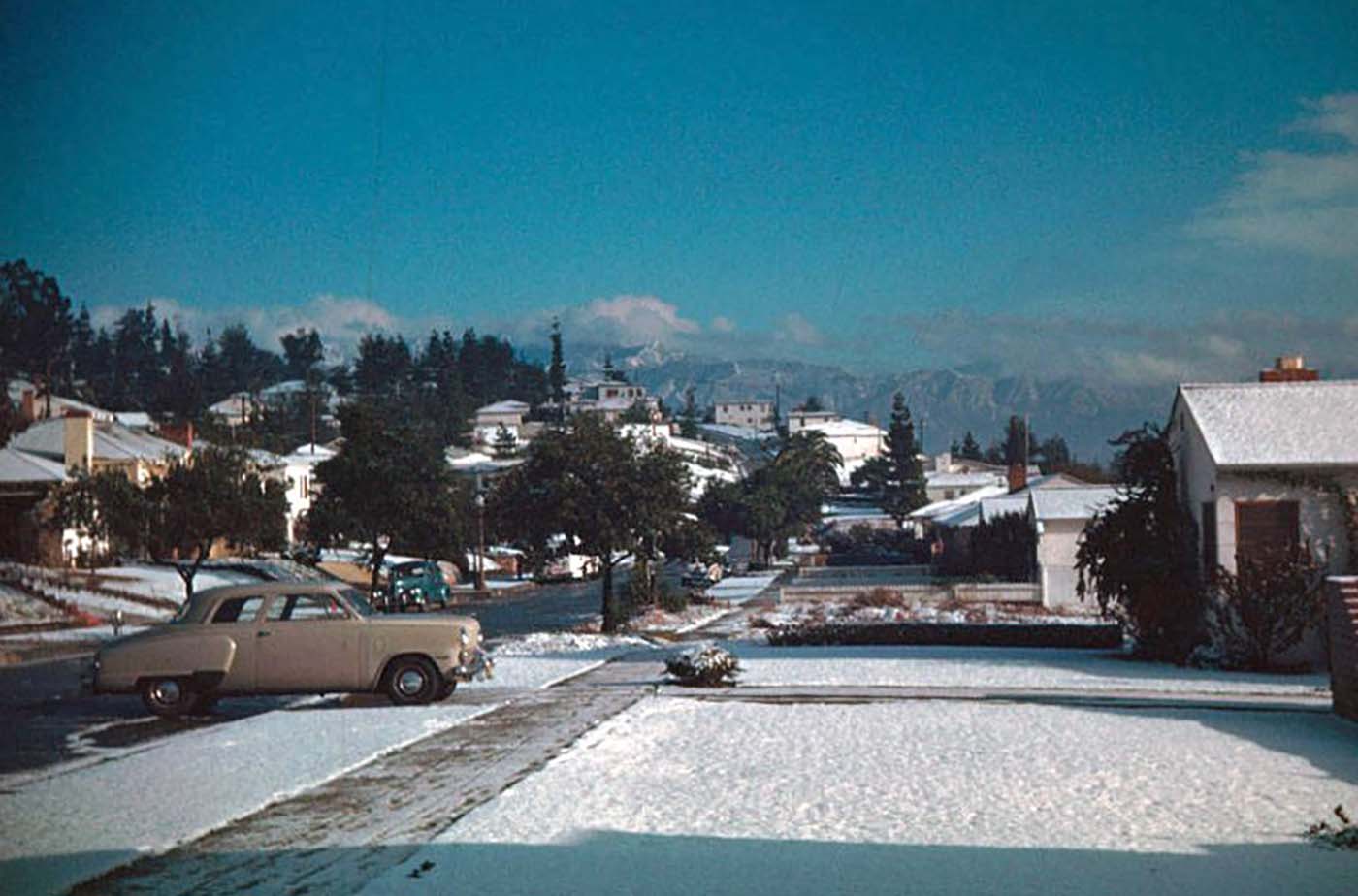Elvis Presley, the undisputed King of Rock and Roll, wielded a musical instrument that was as iconic as his hip-swaying performances and velvety voice – his guitar. This instrument became an extension of the man himself, symbolizing his passion for music, his journey to stardom, and the lasting impact he left on the world. The story of Elvis and his guitar is a profound tale that reflects not just a love for music but the evolution of an era and the transformation of popular culture.

Birth of a Legend: Elvis and His First Guitar

Elvis Aaron Presley, born in Tupelo, Mississippi, on January 8, 1935, received his first guitar as a gift on his 11th birthday. His mother, Gladys, purchased the guitar from Tupelo Hardware Company, marking the humble beginnings of a musical legacy that would reshape the world of entertainment.
The guitar, a $7.75 Harmony model, became young Elvis's constant companion. Though it was a modest instrument, it was the beginning of a deep and lasting connection between the young prodigy and the world of music.
Early Inspirations and Musical Influences

In his formative years, Elvis was heavily influenced by various musical styles that left an indelible mark on his music. His exposure to gospel music in church, the blues of Mississippi, and the country tunes on the radio all contributed to shaping his unique sound and style.
Elvis's guitar playing drew from the likes of country music legends such as Jimmie Rodgers and Bill Monroe, as well as the bluesy sounds of Arthur "Big Boy" Crudup and Mississippi John Hurt. He effortlessly blended these influences into his own interpretation, creating a new sound that would become the cornerstone of rock and roll.
Rise to Stardom: The Guitar as a Catalyst

As Elvis honed his craft, his guitar became an integral part of his performances. His early years at Sun Records in Memphis, Tennessee, saw him experiment with his guitar, crafting a sound that was fresh, energetic, and irresistible. It was the fusion of his vocal prowess and guitar playing that caught the attention of Sam Phillips, the owner of Sun Records, leading to the recording of Elvis's first singles.

The guitar served as Elvis's partner on stage during his electrifying performances. It added a layer of dynamism and rhythm to his music, complementing his charismatic stage presence and setting the stage for the meteoric rise of the King of Rock and Roll.
Iconic Guitars: The Influence of Instruments on Elvis's Sound

Throughout his career, Elvis had a profound connection with several guitars, each contributing to his distinctive sound and style. The Gibson J-200, a guitar he acquired in 1956, became one of his most beloved instruments. Its rich tone and resonance perfectly complemented Elvis's vocals, and it featured prominently in numerous recordings and live performances.

Another iconic guitar in Elvis's repertoire was the Martin D-28. This instrument, known for its warm and powerful sound, was favored by Elvis during the 1970s. It accompanied him on stage during his legendary concerts in Las Vegas and other venues, adding depth and dimension to his live performances.
Musical Evolution and Innovation

Elvis's musical journey was marked by constant innovation and evolution, and his guitar playing was no exception. His use of the instrument evolved over time, incorporating various styles, techniques, and influences that reflected the changing landscape of music.

From the raw, energetic rock and roll of the 1950s to the more refined and polished performances of the 1970s, Elvis's guitar playing adapted to different genres and audiences. Whether in the recording studio or on stage, the guitar remained a faithful companion, adapting to the shifting sands of musical trends while staying true to Elvis's unique style.
Cultural Impact and Influence

The impact of Elvis and his guitar transcended the boundaries of music. His performances, characterized by his distinctive vocal style and guitar playing, revolutionized the music industry and redefined popular culture.

Elvis's influence on other musicians and the wider cultural landscape was profound. Countless artists, both within the rock and roll genre and beyond, were inspired by his musical style, stage presence, and his profound connection with his guitar. His innovations set the stage for the rock and roll explosion that would define an entire generation.
Elvis's Guitar and Continued Inspiration

Even after his passing in 1977, Elvis's guitar continues to inspire new generations of musicians and fans. His instruments have become artifacts of musical history, displayed in museums and cherished by enthusiasts who recognize their role in shaping the soundscape of the 20th century.

His legacy lives on not only in his recordings and performances but also in the influence he had on subsequent generations of artists. The image of Elvis with his guitar, a symbol of charisma, talent, and raw musical energy, remains a powerful and enduring icon in the history of music.
Conclusion

Elvis Presley's connection with his guitar was more than just a performer and his instrument. It was a love story that resonated through his music, performances, and the cultural impact he left on the world. From the humble beginnings of a young boy with a modest guitar to becoming the King of Rock and Roll, Elvis's musical journey with his instrument shaped the very fabric of modern music and culture.

The resonance of his guitar's chords continues to echo through time, a testament to the power of music, the influence of an icon, and the enduring legacy of a man whose love for his guitar remains eternally intertwined with his musical genius. Elvis and his guitar – a love story that will reverberate through the ages, immortalizing the King of Rock and Roll in the annals of musical history.


